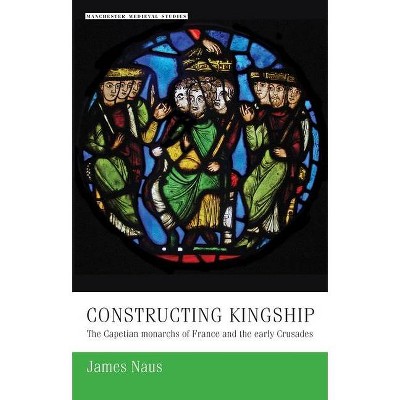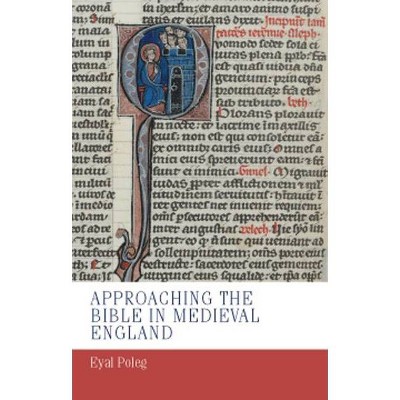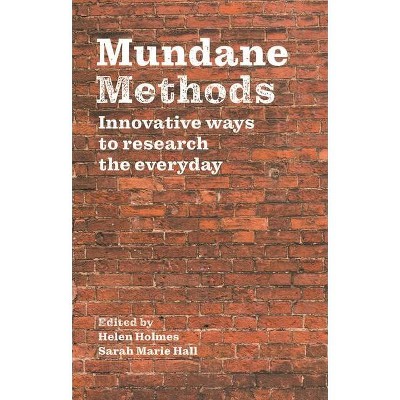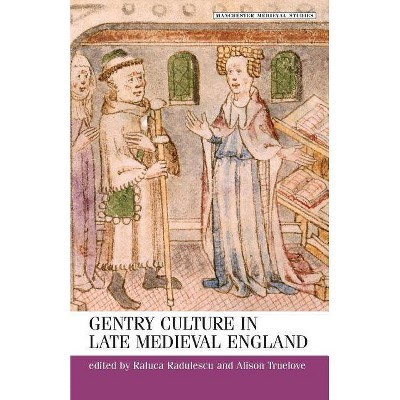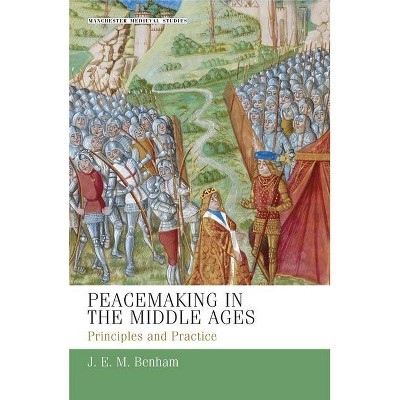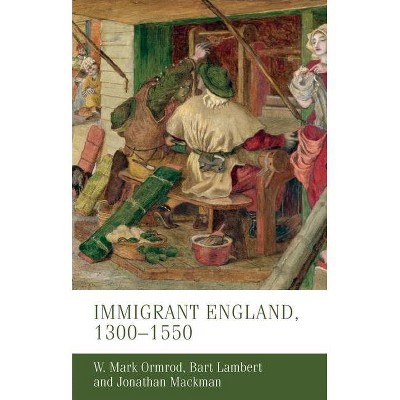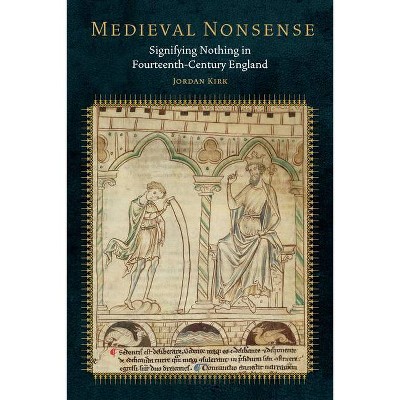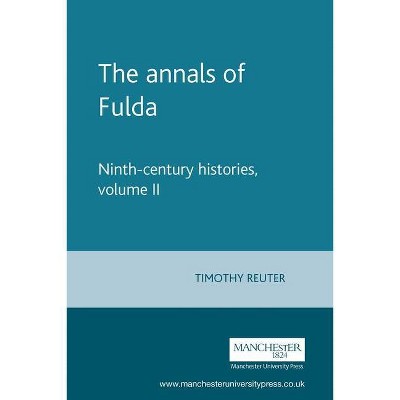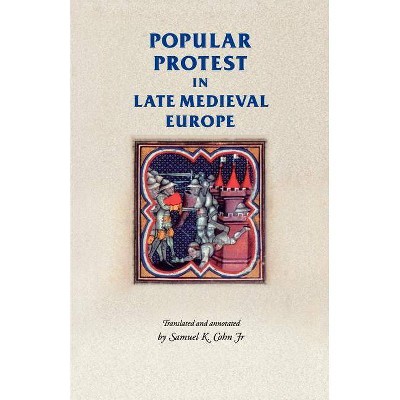Lordship in Four Realms - (Manchester Medieval Studies) by Colin Veach (Paperback)
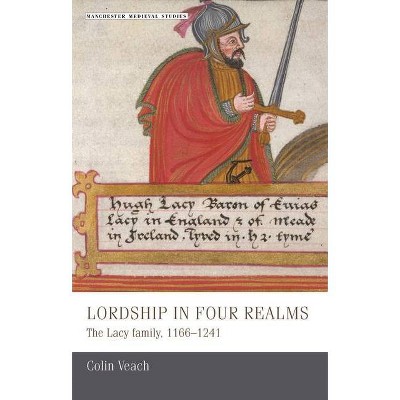
Similar Products
Products of same category from the store
AllProduct info
<p/><br></br><p><b> About the Book </b></p></br></br>Examines the rise and fall of the aristocratic Lacy family in England, Ireland, Wales and Normandy. As one of the first truly transnational studies of individual medieval aristocrats, it provides a fresh look at lordship and the interplay between aristocracy and crown from 1166 to 1241.<p/><br></br><p><b> Book Synopsis </b></p></br></br>This book examines the rise and fall of the aristocratic Lacy family in England, Ireland, Wales and Normandy. As one of the first truly transnational studies of individual medieval aristocrats, it provides a fresh look at lordship and the interplay between aristocracy and crown from 1166 to<br>1241. <p/>Hugh de Lacy (d.1186) traded on his military usefulness to King Henry II of England in Wales and Normandy to gain a speculative grant of the ancient Irish kingdom of Mide (Meath). Hugh was remarkably successful in Ireland, where he was able to thwart the juvenile ambitions of the future King John to<br>increase his powers there. Hugh was hailed by native commentators as 'lord of the foreigners of Ireland' and even 'king of Ireland'. In this study, his near-legendary life is firmly grounded in the realities of Anglo-Irish politics. The political career of Hugh's less famous son and heir, Walter de<br>Lacy (d.1241), is in turn illuminated by surviving royal records and his own acta. Walter was one of the major players in the Irish Sea province under Kings Richard I, John and Henry III, and his relationship with each king provides a unique insight into the nature of their reigns. Over the course<br>of fifty-two years, Walter helped to shape the course of Anglo-Irish history. That history is recast in the light of the transnational perspective of its chief participants. <p/>This book is especially useful for those studying the history of medieval Britain and Ireland, and is a major contribution to current debates over the structure of medieval European society.<br><p/><br></br><p><b> From the Back Cover </b></p></br></br>This book examines the rise and fall of the aristocratic Lacy family in England, Ireland, Wales and Normandy. As one of the first truly transnational studies of individual medieval aristocrats, it provides a fresh look at lordship and the interplay between aristocracy and crown from 1166 to 1241. Hugh de Lacy (d.1186) traded on his military usefulness to King Henry II of England in Wales and Normandy to gain a speculative grant of the ancient Irish kingdom of Mide (Meath). Hugh was remarkably successful in Ireland, where he was able to thwart the juvenile ambitions of the future King John to increase his powers there. Hugh was hailed by native commentators as 'lord of the foreigners of Ireland' and even 'king of Ireland'. In this study, his near-legendary life is firmly grounded in the realities of Anglo-Irish politics. The political career of Hugh's less famous son and heir, Walter de Lacy (d.1241), is in turn illuminated by surviving royal records and his own acta. Walter was one of the major players in the Irish Sea province under Kings Richard I, John and Henry III, and his relationship with each king provides a unique insight into the nature of their reigns. Over the course of fifty-two years, Walter helped to shape the course of Anglo-Irish history. That history is recast in the light of the transnational perspective of its chief participants. This book is especially useful for those studying the history of medieval Britain and Ireland, and is a major contribution to current debates over the structure of medieval European society.<p/><br></br><p><b> Review Quotes </b></p></br></br><br>'In extending his study to cover the interactions of Gautier de Lacy with the aristocracy of his times, the author exposes the tensions deliberately provoked by the monarchy in order to unbalance, to its advantage, relations between the great lords of the four realms.' CAHIERS DE CIVILISATION MÉDIÉVALE 'Veach has provided an important account of the advantages and disadvantages of simultaneously holding aristocratic estates in the different parts of 'the Plantagenet empire'. He has also shed new light on the contrasts and similarities between the reigns of Henry II, Richard I, John and Henry III. His book deserves to be widely read and it is to be hoped that it will lead to further studies of transnational aristocratic families.' The English Historical Review 'Lordship in four realms is a notable debut, and it is not only historians of medieval Ireland who will look forward to the work that is to follow.' Irish Historical Review<br><p/><br></br><p><b> About the Author </b></p></br></br><br>Colin Veach is Lecturer in Medieval History at the University of Hull<br>
Price History
Price Archive shows prices from various stores, lets you see history and find the cheapest. There is no actual sale on the website. For all support, inquiry and suggestion messages communication@pricearchive.us
